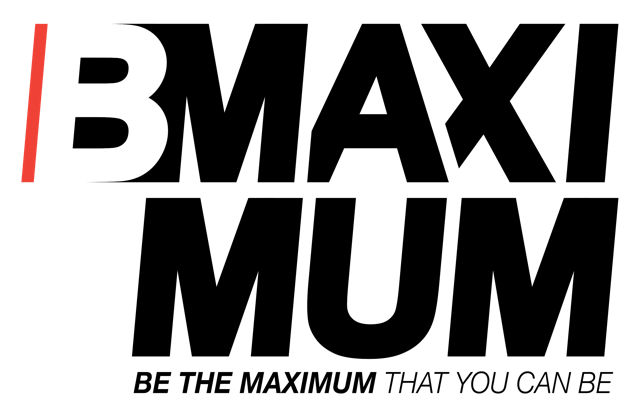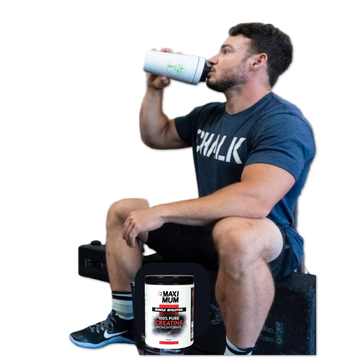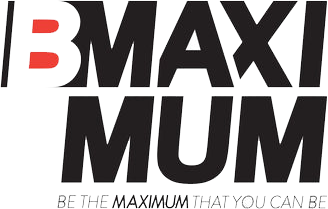
Creatine is one of the most researched and popular supplements in the fitness industry. Known for its ability to enhance athletic performance, increase muscle mass, and improve strength, it's a staple in many athletes' and bodybuilders' supplement stacks. However, one question that frequently arises is whether creatine causes bloating. Let's delve into the science and common experiences to shed light on this concern.
What is Creatine?
Creatine is a naturally occurring compound found in muscle cells. It helps produce energy during high-intensity exercise or heavy lifting. While it's naturally found in foods like meat and fish, many people take creatine supplements to boost their athletic performance and muscle growth.
How Does Creatine Work?
Creatine supplements increase the body's stored creatine phosphate, which is used to produce more ATP (adenosine triphosphate). ATP is a key energy source for muscle contractions. By having more available ATP, your muscles can perform better during short bursts of intense activity.
The Bloating Myth
The notion that creatine causes bloating largely stems from anecdotal reports and misconceptions. Let's explore the two main aspects of this concern: water retention and digestive issues.
-
Water Retention: Creatine causes muscles to retain water, which can lead to a temporary increase in weight. This water retention is beneficial for muscle hydration and performance but is sometimes mistaken for bloating. It's important to note that this water is stored within the muscle cells, not under the skin, which means it doesn't cause the puffiness typically associated with bloating.
-
Digestive Issues: Some users report stomach discomfort or bloating when they start taking creatine, especially during the loading phase. This phase involves taking a higher dose of creatine (around 20 grams per day) for 5-7 days to saturate muscle stores quickly. Digestive discomfort can occur if your body isn't used to such a sudden increase in creatine intake.
Minimizing Bloating
If you're concerned about bloating, here are some tips to minimize any potential issues:
-
Skip the Loading Phase: Instead of a high-dose loading phase, start with a lower maintenance dose of 3-5 grams per day. This approach takes longer to saturate your muscles but reduces the likelihood of digestive discomfort.
-
Stay Hydrated: Adequate hydration is crucial when taking creatine. Ensure you're drinking enough water throughout the day to help your body adjust and to support the increased water retention in your muscles.
-
Divide the Dose: Splitting your daily creatine dose into smaller servings can help your body absorb it more efficiently and reduce the risk of stomach discomfort.
-
Choose High-Quality Creatine: Not all creatine supplements are created equal. Opt for a high-quality, pure creatine monohydrate supplement, as it is the most researched and effective form with fewer reported side effects.
Scientific Perspective
Numerous studies have investigated creatine and its side effects. The consensus among researchers is that creatine is safe and does not cause significant bloating. For instance, a study published in the Journal of the International Society of Sports Nutrition found that creatine supplementation did not increase body fat or cause bloating in the participants.
Furthermore, another study in the European Journal of Applied Physiology concluded that creatine monohydrate does not cause gastrointestinal distress when taken at recommended doses.
Conclusion
Creatine is a well-researched supplement that offers numerous benefits for athletic performance and muscle growth. While some users might experience a slight increase in water retention within their muscles, this is not the same as bloating. By following recommended dosing strategies and ensuring proper hydration, you can minimize any potential discomfort.
Ultimately, the benefits of creatine far outweigh the myths surrounding bloating. If you're looking to enhance your workout performance and muscle gains, creatine remains one of the most effective and safest supplements available.
So, does creatine cause bloating? The evidence suggests that it does not, especially when used correctly. Enjoy the gains and improved performance without the worry of unwanted bloating.
Sure, here's an improved version:
B Maximum provides premium-quality creatine monohydrate powder at an unbeatable price!







